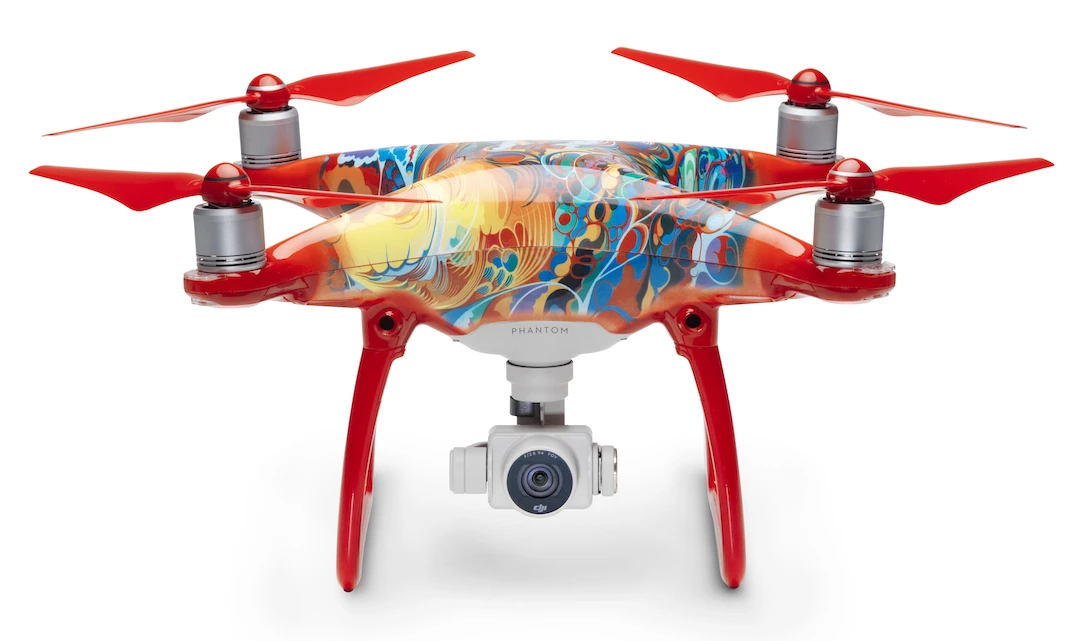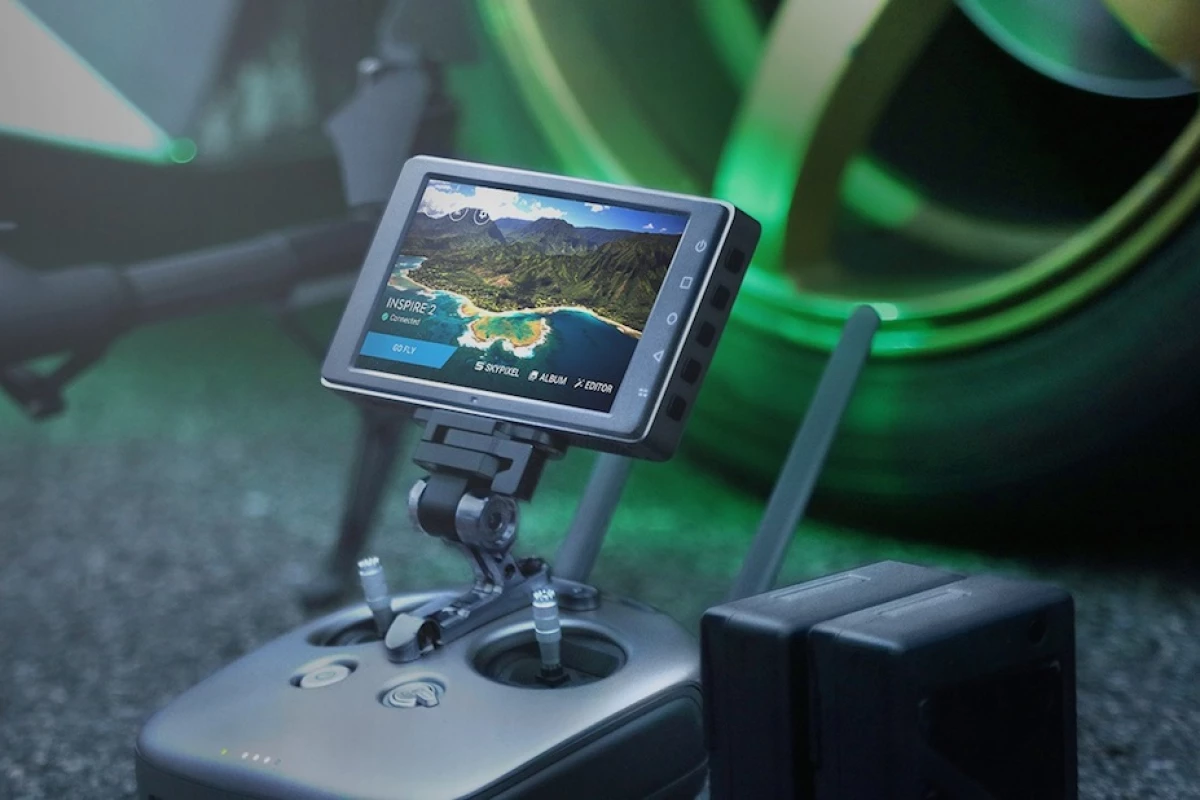Flying a drone can be twitchy work, and it's hard enough without squinting at a glarey screen. To help clear up your eyes in the sky, DJI has unveiled the CrystalSky monitor, which works with the DJI Go app and is bright enough for details to be visible in direct sunlight. At CES this week, the company is also introducing the next iteration of the Osmo Mobile rig, a new route-planning and 3D mapping app, and a limited-run, Chinese New Year Edition of the Phantom 4.
DJI says that the CrystalSky monitor shines with a brightness of up to 2,000 cd/m2, keeping images crystal clear even in direct sunlight. That clarity carries over to the smoothness of the video, with decoding optimized to reduce latency using the H.264 and H.265 formats. That allows playback of video at both 30 fps and 60 fps.
The CrystalSky can connect with the Phantom, Mavic, Inspire and Matrice series via Wi-Fi, but video can come from just about anywhere, thanks to a range of ports and inputs on the monitor. A USB-A port can connect the device to a 4G dongle or files stored on a USB flash drive, while two Micro SD card slots can be used for playback or backing up footage. An HDMI out port can also output 4K video to an external display, like FPV goggles, and the USB-C port allows it to be mounted on a remote controller.
That impressive brightness would churn through power pretty quickly, so the CrystalSky is kitted out with a two-cell 4,920 mAh battery, which DJI says gives it a battery life of four to five hours for the model with a 7.85 in screen, or five to six hours for the 5.5 in version. When it does die, it can be swiftly brought back to life with a quick-charge adapter. Given a drone enthusiast's tendency to venture off the beaten track, the battery can apparently operate in a very wide temperature range, from a chilling -4º F (-20º C) to a sweltering 104º F (40º C).

Alongside the CrystalSky monitor, DJI has a few other items up its sleeve for CES. The Phantom 4 drone has had an eye-catching, phoenix-inspired paint job to celebrate the upcoming Chinese New Year, and the Osmo Mobile Silver adds a few minor updates to its predecessor, including a Beautify mode to touch up videos after the fact.
If you have an older Osmo stabilizer, the Zenmuse M1 gimbal can now let it hold a smartphone, like the Osmo Mobile line. And finally, Ground Station Pro is a new iPad app that allows more professional pilots to plan complex flight paths, and the images captured can be used to generate 3D maps of the area.
Ground Station Pro is available now for free on the iOS App Store. The Chinese New Year Edition of the Phantom 4 will be available for US$1,199 from January 23, and the Osmo Mobile Silver and Zenmuse M1 will follow later this month, for $299 and $169 respectively. DJI hasn't announced any pricing or availability details for the CrystalSky monitor just yet.
Source: DJI









